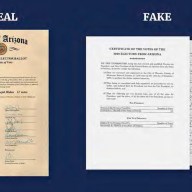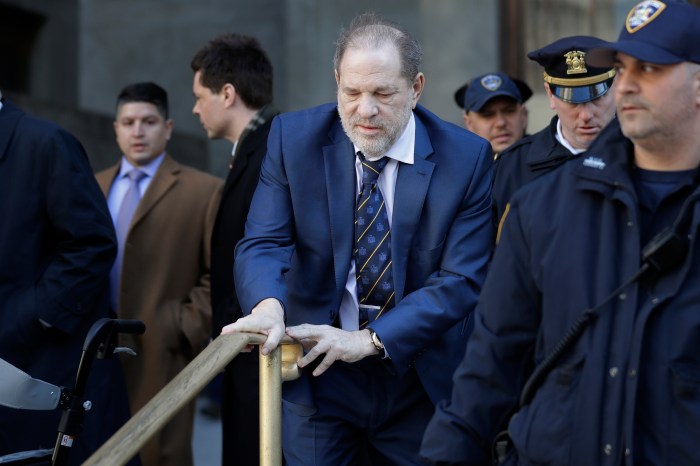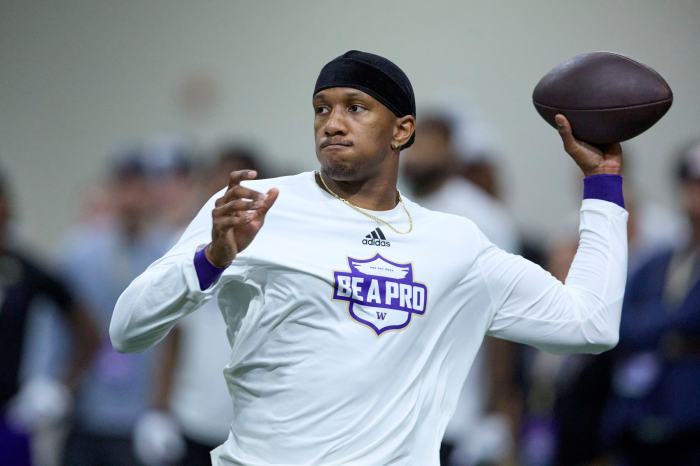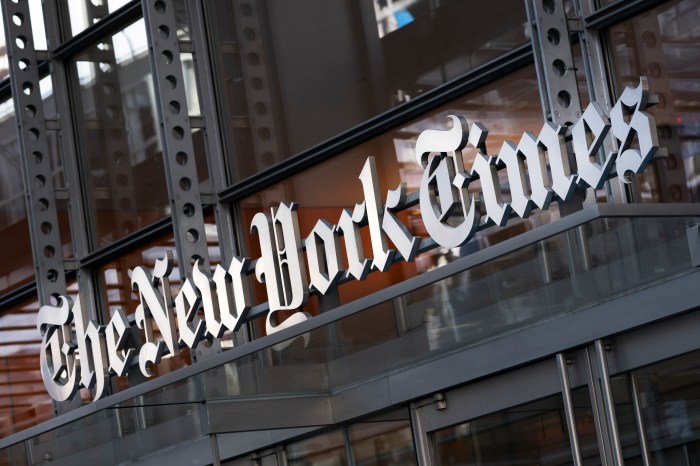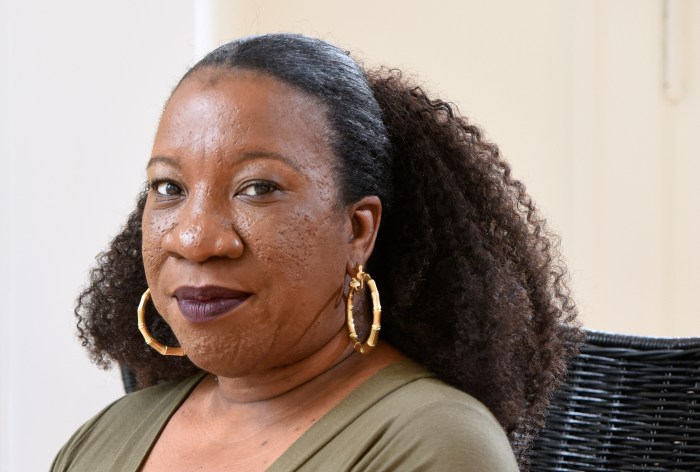Considering the historical and controversial stature of Margaret Thatcher’s 11-year run as the UK’s prime minister, it’s surprising there hasn’t been a major motion picture about her until now. But director Phyllida Lloyd is happy to get there first. For her second feature film (following 2008’s “Mamma Mia”), the renowned theater director re-teams with Meryl Streep, who turns in a transformative performance. Choosing to focus on the Thatcher of today, with her political career shown in flashback, Lloyd offers a softer, more sympathetic depiction of a woman still reviled by many.
How did you approach a film about one of the most famous women in Britain?
I think the first thing that struck me was that it was in no way a biopic, that in some way it was a story about an old lady that took place over three days in which she was trying to wrestle with some huge question of loss, in a way, and that it wasn’t going to be a kind of canter through the highlights. It was a film about something else than, “Was Margaret Thatcher a goodie or was she a baddie?” And I think to have made a biopic about Thatcher, I would’ve wanted to have shot a documentary and for it to be eight hours long.
Was the focus on her as an older woman part of an attempt to make her more sympathetic, since there is still so much animosity toward her?
In England, she’s still one of the most divisive characters, and the debate about her policies and her legacy is largely stuck. There’s one way of looking at her where she is the monster she-devil who ruined the lives of millions — and on the other hand, she is Saint Margaret who rescued Britain from its post-war decline and put us back on the world stage. And there’s very little you can find in between those two positions. What we wanted to do was go, “OK, that’s all that. Let’s just turn this thing upside down and look at it from a completely different point of view.”
Speaking of point of view, you chose to shoot much of the flashbacks literally from Thatcher’s perspective.
Her memories are all shot from her point of view, so whether what you’re seeing is true or false, you don’t know that. It’s just how it felt to be there. I wanted that point of view: her subjective memory of things, and how it felt (in the case of the Falklands) to be running a war in a room full of men — half of whom are wearing medals and ostensibly know more about war than she does and the other half [of whom are] men who probably did fight in the war. [I wanted to show] how alienating and isolating that might have felt. We were trying to make you feel something.








